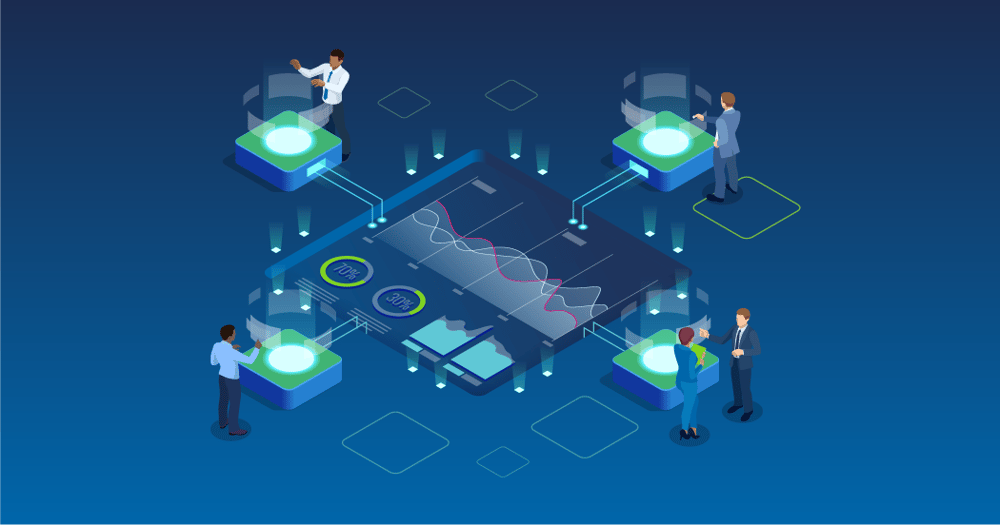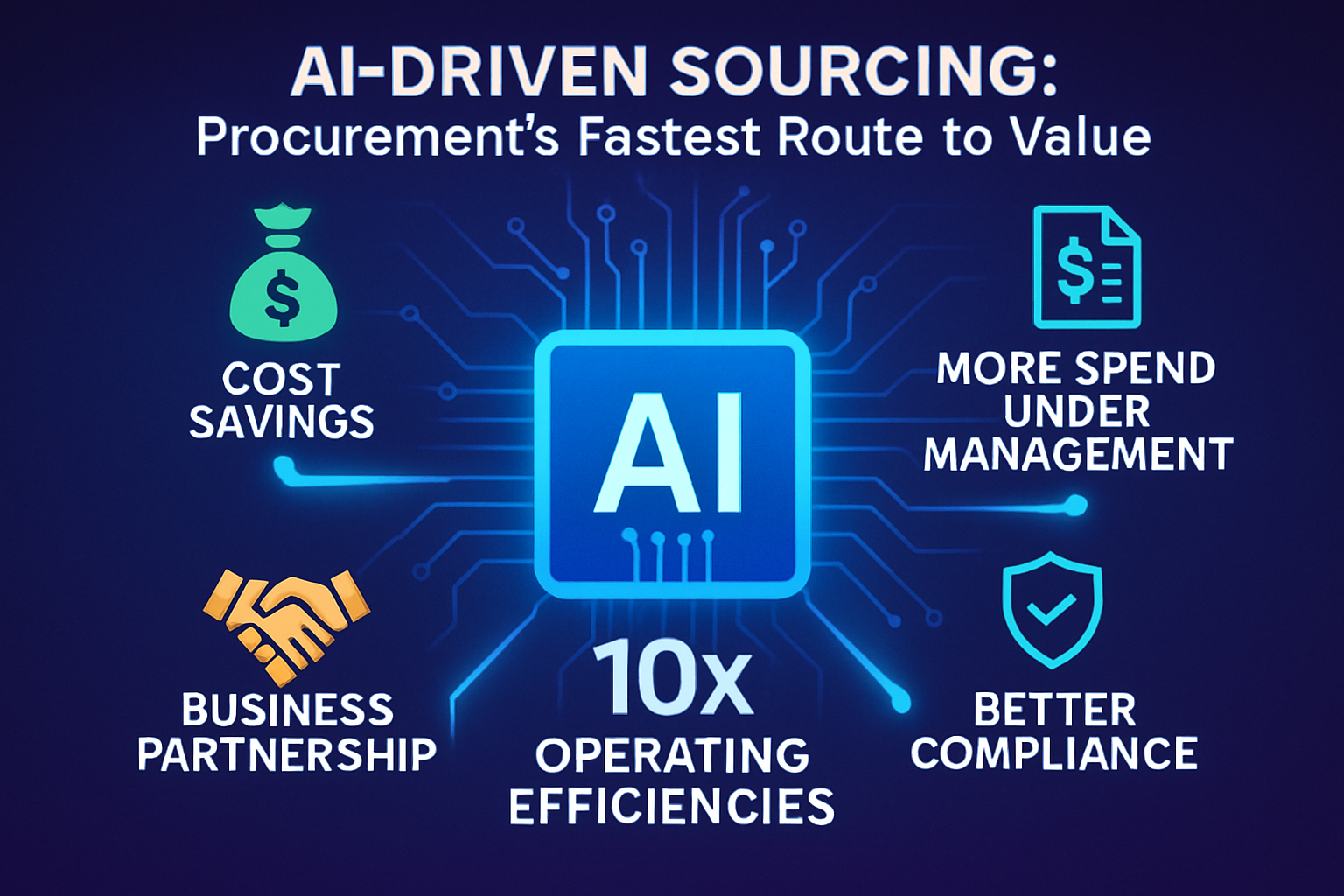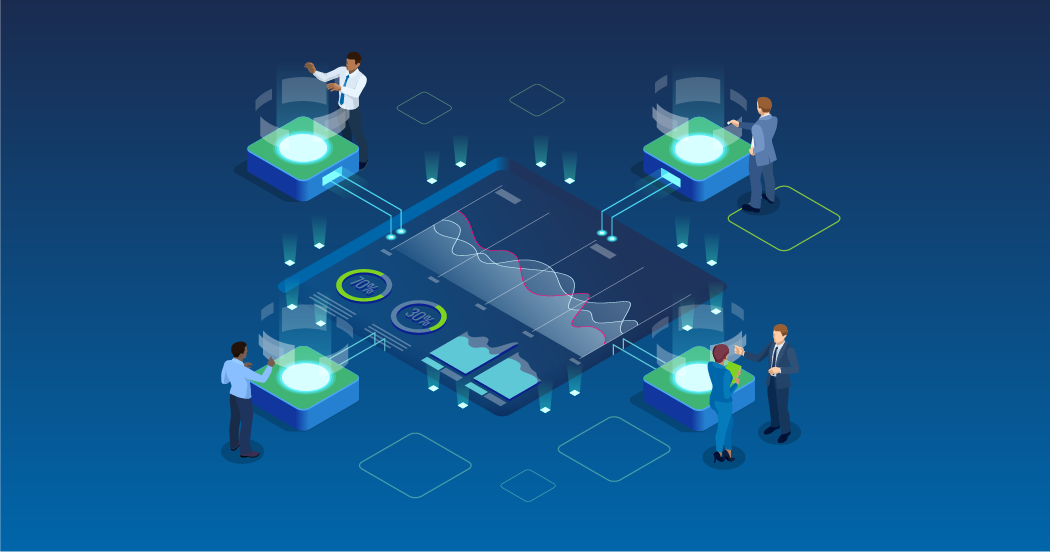Why AI-Powered Marketplaces Are the Future of Procurement

B2B services have long been the final frontier for digital transformation due to the difficulty in defining in clear terms the complex variables involved, but innovative technology is now enabling seamless buying processes that mirror the value creation and intuitive user experience that has existed in the B2C sector for more than a decade.
As such, the transformation of the B2B services sourcing model into a modern, agile, real-time marketplace that forms 90% of leading global companies’ spend is inevitable. At the recent World Procurement Congress, Globality brought together a group of procurement leaders together to discuss how these new marketplaces can revolutionize the way companies source services, with five key takeaways emerging:
1. Prioritizing user experience
New B2B marketplaces should deliver a top-notch user experience no different from those we experience in our everyday lives with B2C marketplaces, such as those Amazon, Airbnb, eBay and Alibaba have created. Whether a seamless interface with a core end-to-end solution or part of a new best-of-breed ecosystem, the entry point into the marketplace should be obvious and intuitive, with NLP then helping scope the user’s needs and providing instant access to all the requisite buying information.
2. Broadening the supplier base
The freedom to use a B2B marketplace helps procurement overcome some of its traditional perceived boundaries around standardization specifications and pre-priced items, enabling companies to tap into an inclusive market of highly qualified, suppliers. This new sourcing model not only removes bias and improves compliance and transparency but also creates a merit-based pool of potential new suppliers, which increases D&I, encourages innovation, and helps build a fairer, more equitable global economy.
3. Adding strategic value
AI-powered marketplaces enable companies to source high-value, complex indirect services by empowering stakeholders to do what historically has been procurement’s responsibility. This not only makes the sourcing process more efficient but also gives users visibility across both their internal ecosystem and the broader external supplier ecosystem. The result is much improved collaboration between different stakeholders while also freeing up procurement teams to tackle more strategic tasks and initiatives that add greater business value.
4. Getting a mandate
It can be a challenge for procurement to dictate what the buying experience should look like versus the traditional decision-making power business users have in dictating the organization’s buying process. Transformative procurement leaders are utilizing broader company initiatives such as ESG, inflation mitigation, or supply chain resilience as a mandate to implement an inclusive, transparent, fair, and competitive AI-powered marketplace across their organizations.
5. Seizing the moment
In calm waters, fear of failure often outweighs the argument for change, but in the current tumultuous economic and geopolitical environment, the risk of simply carrying on as before is actually greater than that of trying something new. The concept of marketplaces and empowering business stakeholders is new in B2B sourcing and can feel daunting, but the real danger lies in not engaging in new thinking and being left behind as other companies seize the opportunity to transform their operating models to gain competitive advantage.



